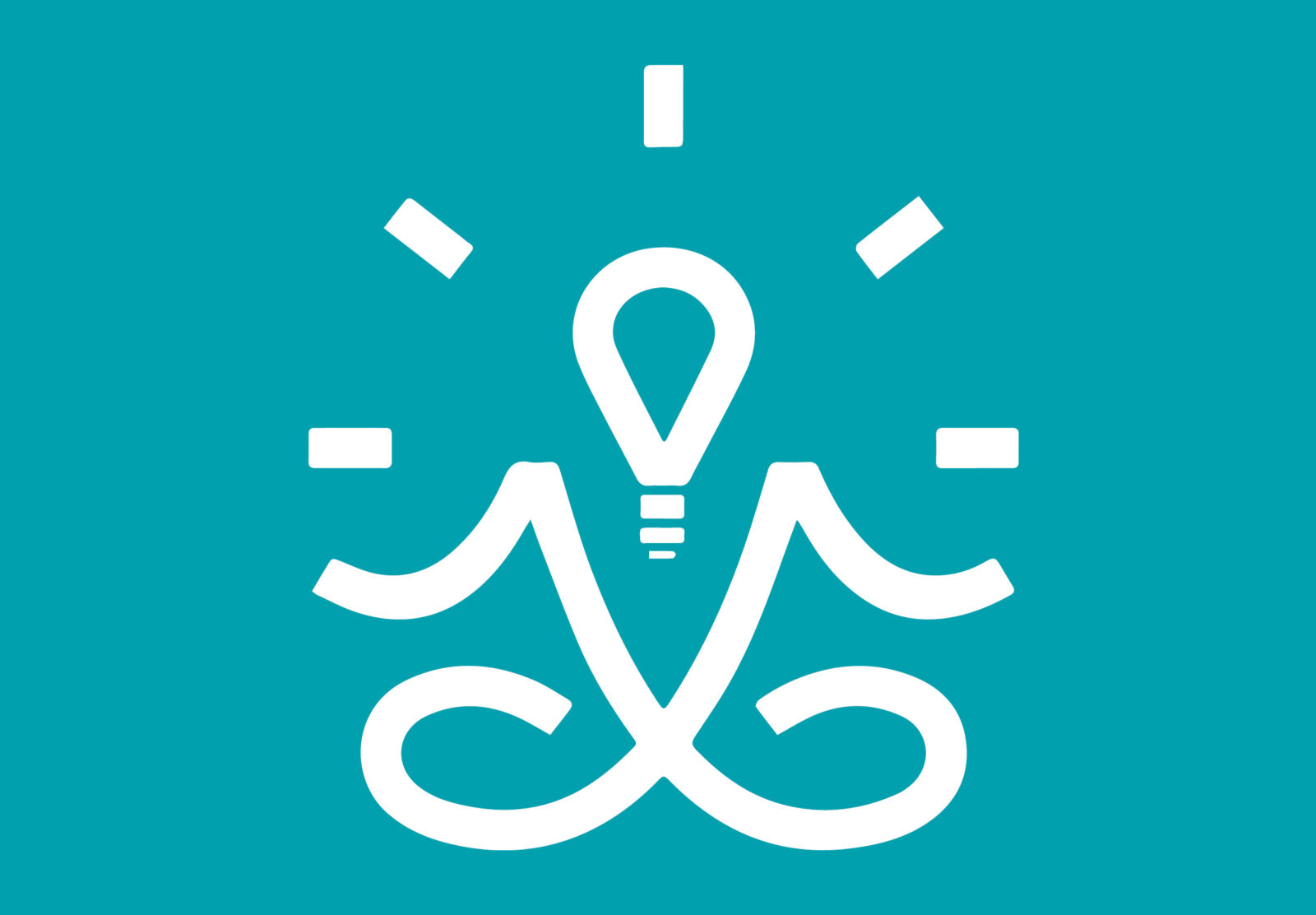Well in Mind Self-care Tip of the Week
June is PTSD Awareness Month!
What Are the Symptoms of PTSD?
PTSD symptoms usually start soon after the traumatic event, but they may not appear until months or years later. They also may come and go over many years. If the symptoms last longer than four weeks, cause you great distress, or interfere with your work or home life, please reach out to Well In Mind or other support services.
- Reliving the event (also called re-experiencing symptoms). Memories of the traumatic event can come back at any time. For example:
- You may have nightmares.
- You may feel like you are going through the event again. This is called a flashback.
- You may see, hear, or smell something that causes you to relive the event. This is called a trigger.
- Avoiding situations that remind you of the event. You may even avoid talking or thinking about the event. For example:
- You may avoid crowds, because they feel dangerous, or driving if you were in an accident.
- If you were in an earthquake, you may avoid watching movies about earthquakes.
- You may keep very busy or avoid seeking help because it keeps you from having to think or talk about the event.
- Negative changes in beliefs and feelings. The way you think about yourself and others changes because of the trauma. For example:
- You may not have positive/loving feelings towards others, or may stay away from relationships.
- You may forget about parts of the traumatic event or not be able to talk about them.
- You may think the world is completely dangerous, and no one can be trusted.
- Feeling keyed up (also called hyperarousal). You may be jittery, or always alert and on the lookout for danger. You might suddenly become angry or irritable. For example:
- You may have a hard time sleeping or concentrating.
- You may be startled by a loud noise or surprise.
- You might want to have your back to a wall in a restaurant or waiting room.
Well In Mind is here for you. Call 815-933-2240, option 2 to schedule an appointment or to ask about your EAP benefits.


